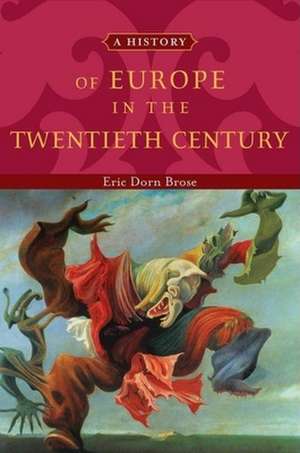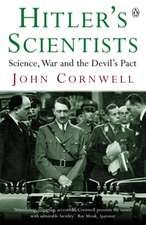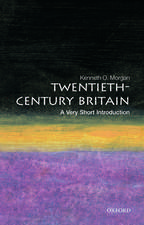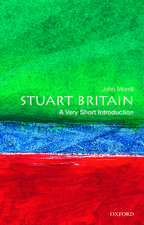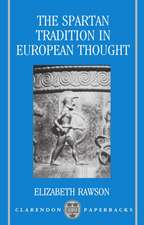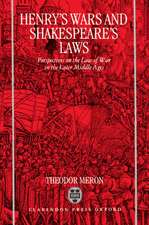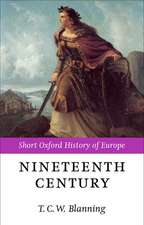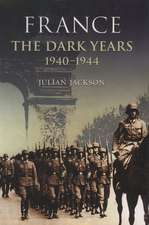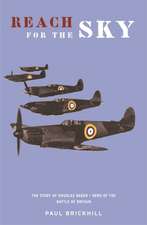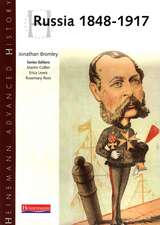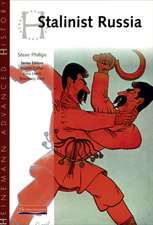A History of Europe in the Twentieth Century
Autor Eric Dorn Broseen Limba Engleză Paperback – 27 oct 2004
A History of Europe in the Twentieth Century is organized chronologically around five main themes:
* war and the quest for alternatives
* ethnic and racial belligerency and the effort to create harmony
* authoritarianism and the struggle for democracy
* technological revolutions and systems
* elite and popular culture
This thematic approach allows students to focus on separate specific aspects of the history of this troubled century, while striving for a composite view. Brose also dedicates special subsections of the text to extensive discussions of the peace movement, gender relations, the Holocaust, cultural developments, the rise of the EU, and today's terrorist threats. Each chapter begins with a vignette related to chapter themes and subject matter. There is also a historiographical component to A History of Europe in the Twentieth Century, making it ideal for upper-level undergraduate and graduate courses in twentieth-century Europe.
Preț: 722.09 lei
Preț vechi: 989.16 lei
-27% Nou
Puncte Express: 1083
Preț estimativ în valută:
138.17€ • 144.65$ • 114.33£
138.17€ • 144.65$ • 114.33£
Carte tipărită la comandă
Livrare economică 07-21 aprilie
Preluare comenzi: 021 569.72.76
Specificații
ISBN-13: 9780195135718
ISBN-10: 0195135717
Pagini: 548
Ilustrații: numerous maps and halftones, 3 line drawings, 4 colour plates
Dimensiuni: 161 x 232 x 24 mm
Greutate: 0.76 kg
Editura: Oxford University Press
Colecția OUP USA
Locul publicării:New York, United States
ISBN-10: 0195135717
Pagini: 548
Ilustrații: numerous maps and halftones, 3 line drawings, 4 colour plates
Dimensiuni: 161 x 232 x 24 mm
Greutate: 0.76 kg
Editura: Oxford University Press
Colecția OUP USA
Locul publicării:New York, United States
Descriere
A new history text for twentieth-century European history courses, this volume is organised chronologically around major themes to emphasise political and diplomatic history as well as carefully integrating social and cultural perspectives. Rather than viewing history from an outdated perspective coloured by Cold War ideology, Brose discusses topics from a contemporary point of view, looking backw at the impact of major events on Europe.
